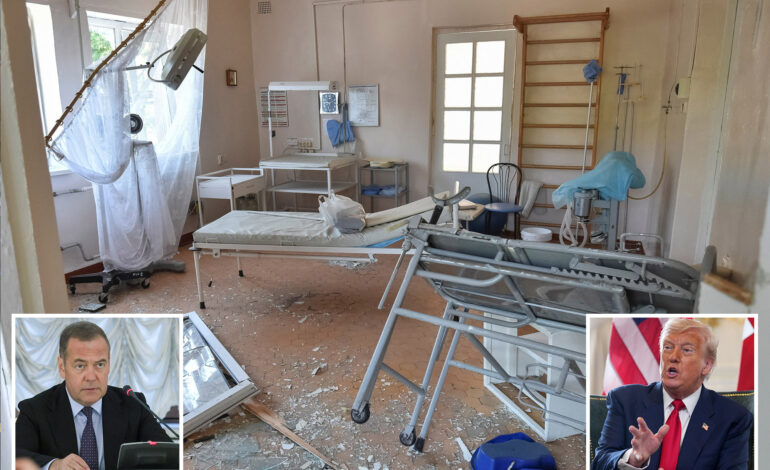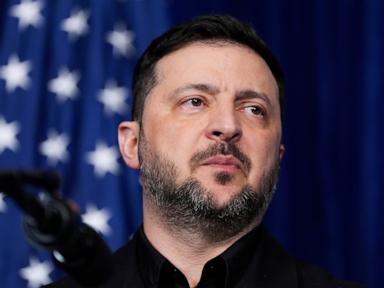Moscow Criticizes Trump’s Cease-Fire Deadline, Warns of War

A senior Russian official has publicly derided former President Donald Trump’s new deadline for a cease-fire in Ukraine, suggesting it could escalate tensions between the United States and Russia. Dmitry Medvedev, the former president and current deputy chairman of Russia’s Security Council, stated on X that Trump’s ultimatum of 10 to 12 days for Russia to end its military campaign is “a threat and a step towards war.”
Medvedev emphasized that Trump must recognize the gravity of his statements, remarking, “Trump’s playing the ultimatum game with Russia: 50 days or 10… He should remember two things: 1. Russia isn’t Israel or even Iran. 2. Each new ultimatum is a threat and a step towards war.” He also cautioned against following what he termed the “Sleepy Joe road,” a reference to President Joe Biden.
Trump announced his revised timeline during a press conference in Scotland, where he expressed frustration with the lack of progress in negotiations. “I’m going to make a new deadline, of about 10 — 10 or 12 days from today,” he stated. The former president indicated that he had initially aimed for a 50-day deadline but felt compelled to act sooner due to inadequate movement towards peace.
In response to Russia’s continued military actions, Trump has threatened to impose severe secondary tariffs and pledged to send “billions of dollars” worth of military aid to Ukraine. His administration’s efforts to facilitate a cease-fire have faced challenges, particularly as the conflict remains unresolved more than three years after it began.
Russian officials have dismissed Trump’s calls for a cease-fire. Moscow continues to conduct drone assaults on Ukraine, leading to significant civilian casualties. Recent reports indicated that over 300 drones and seven missiles targeted various locations in Ukraine, resulting in at least 21 fatalities and more than 80 injuries. Notably, a Russian airstrike on a prison in the Zaporizhzhia region was particularly devastating, claiming the lives of 17 inmates and prompting Ukrainian officials to label it a war crime under international law.
As military operations intensify, the Institute for the Study of War, a Washington-based think tank, has suggested that President Putin is deliberately heightening tensions with the West to bolster domestic support for the ongoing conflict. The institute noted, “Kremlin officials continue to frame Russia as in direct geopolitical confrontation with the West in order to generate domestic support for the war in Ukraine and future Russian aggression against NATO.”
The situation remains fluid, with both Russian and Ukrainian forces steadfastly engaged in a protracted conflict that shows little sign of resolution. As diplomatic channels appear increasingly strained, the implications of escalating rhetoric and military actions will likely resonate across global political landscapes.






